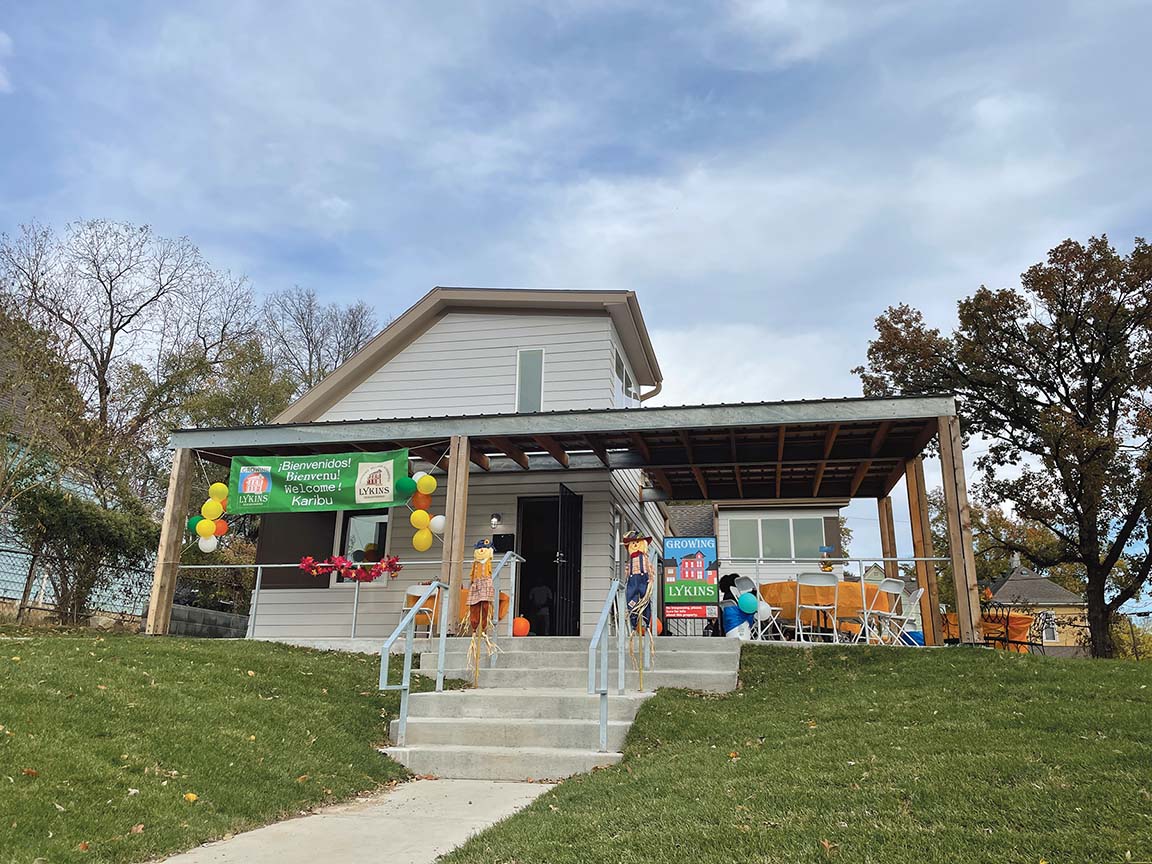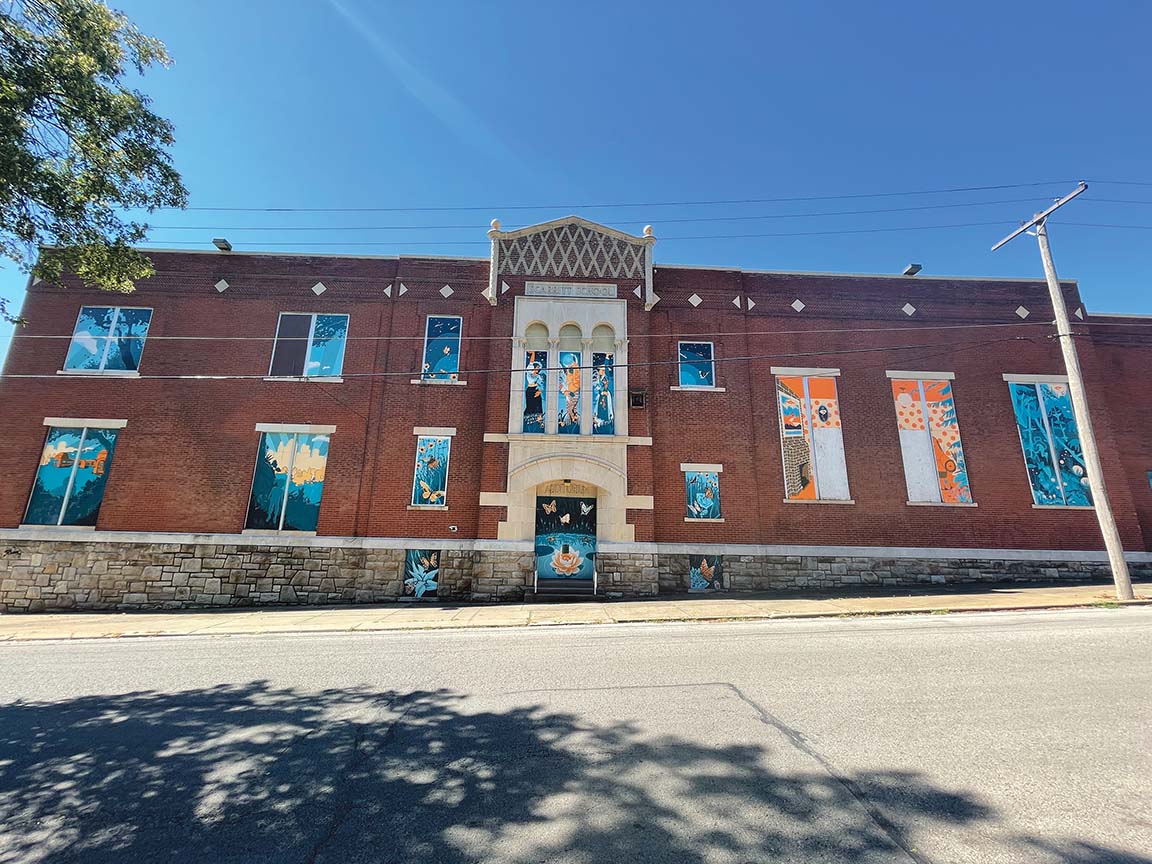By Paul Thompson
Northeast News
November 2, 2016
KANSAS CITY, Missouri – A proposed amendment to the Kansas City, Missouri Code of Ordinances that would create a Prescription Drug Monitoring Program (PDMP) was heard by the Neighborhoods and Public Safety Committee on the morning of Wednesday, November 2.
The amendment follows similar legislation passed in St. Louis County, The City of St. Louis, and Jackson County that would create a mechanism for physicians to track patient history as it relates to the prescribing and dispensing of prescription drugs in Kansas City, Missouri. Because Missouri remains the only state in the nation without a PDMP (including Washington D.C., Puerto Rico, and Guam), local government’s have begun implementing their own legislation aimed at combating the rise of opiate abuse in the state.
Sarah Martin-Anderson, Manager of Community Engagement, Policy and Accountability at the KCMO Health Department, advocated for the legislation before the Neighborhood and Public Safety Committee on November 2, stating that the lack of a PDMP has created what amounts to a public health crisis in the city.
“Kansas City has become an opioid field trip. It’s impossible for a physician to know if an individual has filled multiple prescriptions from multiple physicians,” said Martin-Anderson. “We’re here because there’s a 600% increase in emergency room visits for opioid abuse.”
An ordinance fact sheet released by the city indicates that opioid deaths in the Kansas City region have increased by 400% over the past 10 years. The informational sheet further details the financial benefits of adopting a PDMP – stating that for every dollar invested, society saves $227 in health care costs. Part of the problem is that individuals who become addicted to prescription opioids are 40 times more likely to be addicted to heroin.
“If we deter only 5% of addicts in the county, we save about $10 million,” said Martin-Anderson. “All across the board, it’s a win.”
Neighborhood and Public Safety Committee members, however, had questions about patient privacy and how medical information would be utilized. 3rd District Councilman Quinton Lucas asked specifically about the use of PDMP’s as a “dragnet” that can be used to track down criminals.
Martin-Anderson responded that the proposed PDMP would not legally obligate physicians to look into a patient’s prescription history, noting that the monitoring program is simply designed as a tool to assist physicians. According to the proposed amendment, information contained in the PDMP would be confidential, and considered a ‘closed record not subject to public disclosure except as provided by law.’
While those exceptions do include local, state, and federal law enforcement, as well as prosecutorial officials, the amendment states that those officials may only request the information in relation to an existing investigation or enforcement effort, and that those requests would still require a subpoena. PDMP information could also be made available for educational purposes, but only after the information is de-identified. Martin-Anderson added that the database would operate in a similar fashion to medical records that are already available to doctors.
“Your physician knows a lot about you before you walk into that room,” said Martin-Anderson. “I see a PDMP as no different than any electronic medical record that your physician has access to.”
By adopting a PDMP as a city, Martin-Anderson and other proponents hope that Kansas City, Missouri can encourage the State Legislature to join the rest of the United States in creating a PDMP at the state level. Part of the impetus for adopting the legislation, Martin-Anderson acknowledged, is to put pressure on Missouri legislators to adopt such a program sooner, rather than later.
Mayor Pro Tem and 1st District Councilman Scott Wagner, the amendment sponsor, also appeared before the committee to relay his support for adopting a PDMP in Kansas City. He noted that the fiscal cost for creating the monitoring program is estimated at $33,000, and that Jackson County has agreed to cover the portion of Kansas City that is located within the county. At a net price of $11,000 to the city, Wagner feels that the benefits of adopting a PDMP far outweigh the costs. Wagner further argued that area citizens have waited long enough for the state to adopt a PDMP of its own.
“When there is no monitoring, the likelihood of abuse increases,” said Wagner. “There is interest of removing ourselves from the dubious distinction that the state has.”
In addition to providing oversight of the doctors who prescribe opioids and the patients who may abuse those prescriptions, Wagner noted after the committee meeting that a PDMP would also help doctors provide better care to patients who may not have a primary care physician.
“The more transient a patient is, the harder it is to know what their history is,” said Wagner. “It’s that quality of health care, too, that’s embedded in this.”
The Neighborhoods and Public Safety Committee wasn’t prepared to make a decision about adopting a PDMP during the November 2 meeting, citing a desire to gather more information and input over the coming weeks. The proposed amendment was thus held until the committee meets on Wednesday, November 30.



















